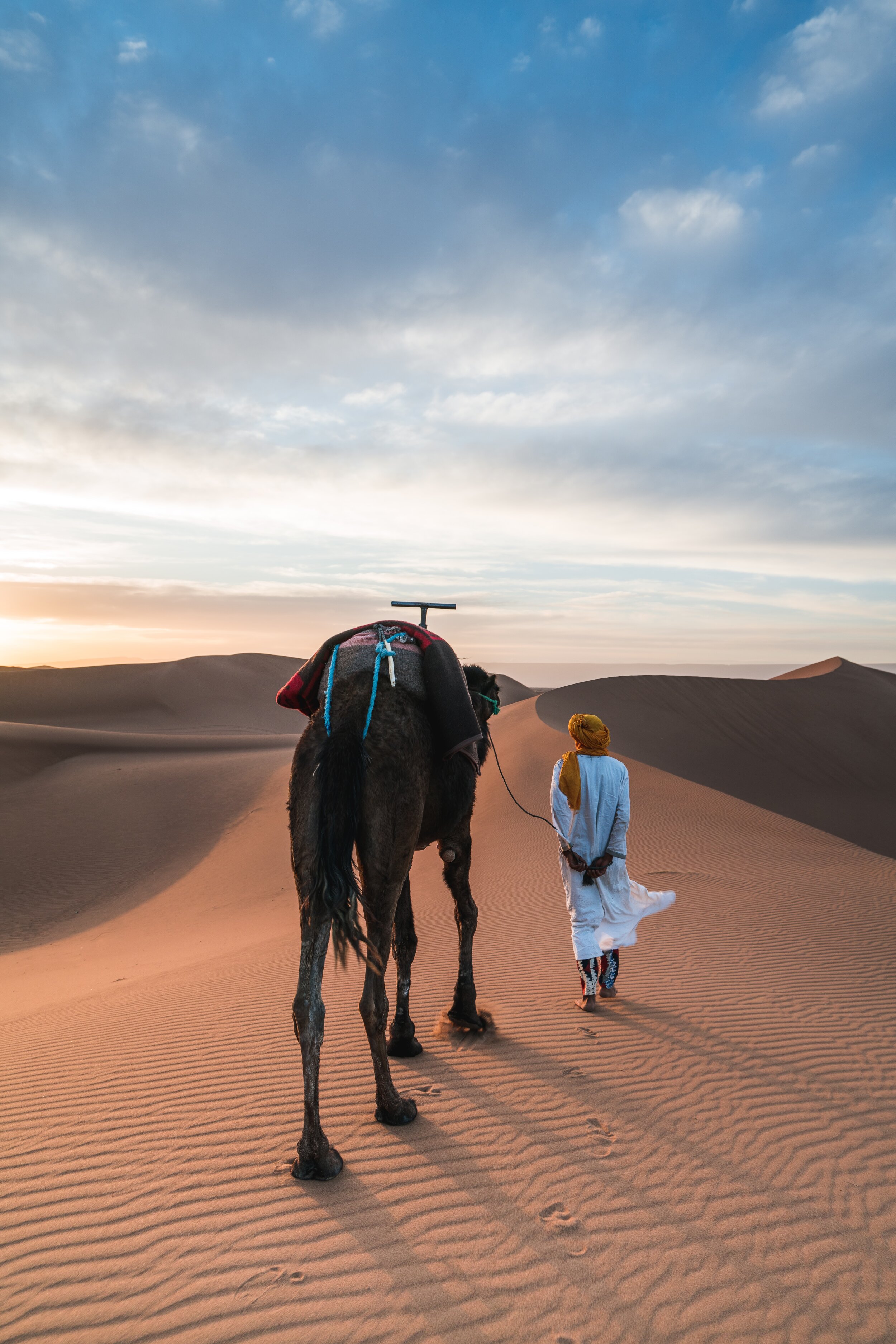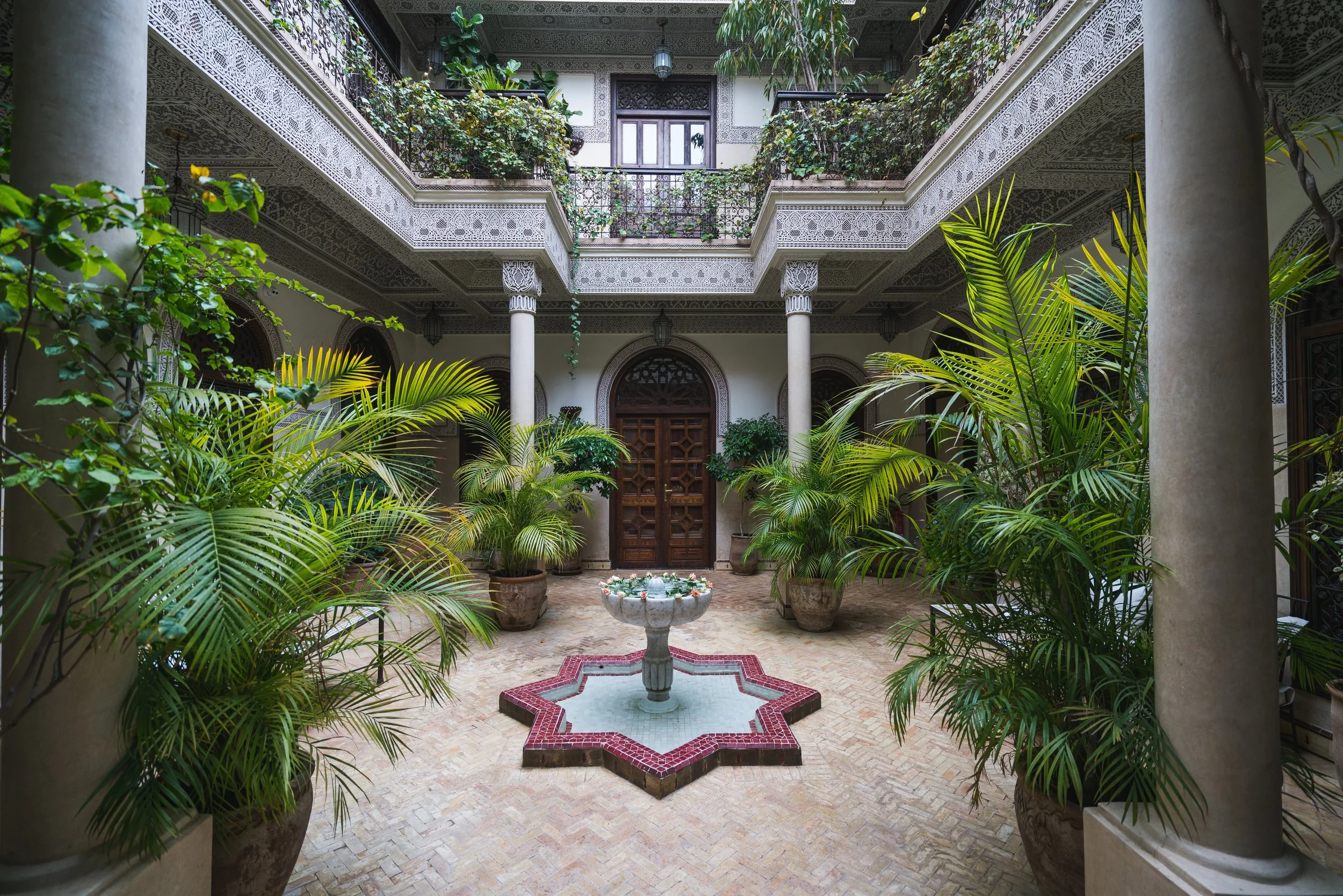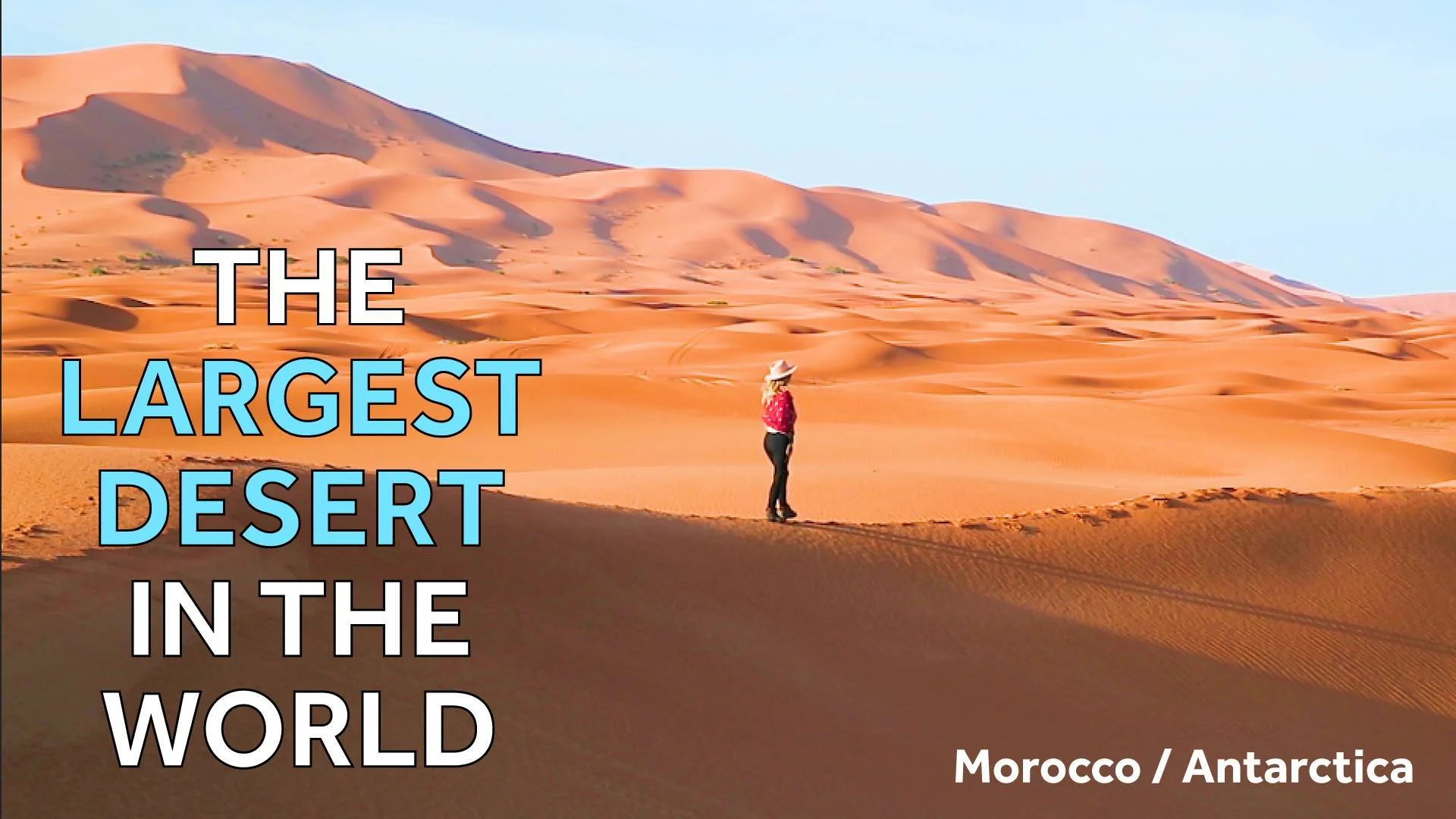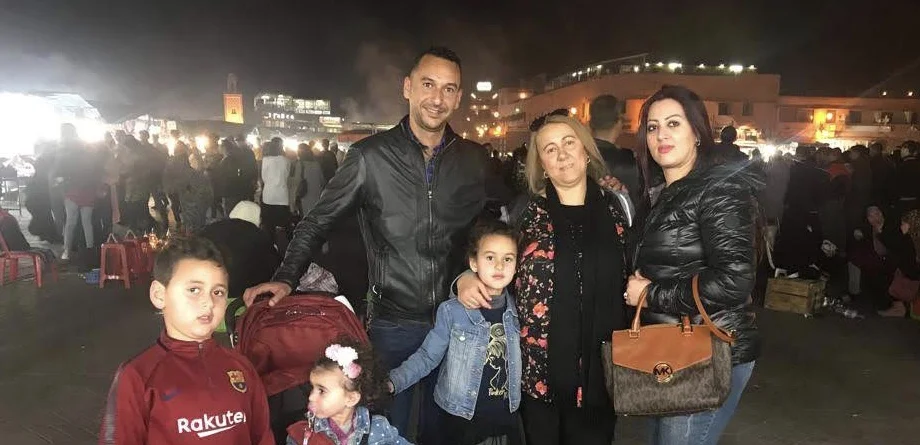Morocco is a North African country that borders the Atlantic Ocean and the Mediterranean Sea. It has long been on my bucket list and I am fascinated with the myriad of cultural influences that have shaped this country. I hope to explore Morocco this year, and in anticipation of this trip I have put together a list of things one should know before traveling to Morocco.
1. Dress etiquette – Women in Morocco might want to dress more conservatively than their male counterparts, to avoid unwanted attention, even more so if traveling solo. Morocco is a conservative country, where majority of the population identify themselves as Muslims. When packing for Morocco, take into consideration that the Islamic religion emphasizes modesty and as such clothing is not meant to attract attention. Understanding what to wear in Morocco can greatly impact how the locals treat you. Typically it is recommended women wear long skirts and dresses, jeans or pants that cover the knees and tops that cover the shoulders and long enough to cover the rear. In summer as the country can get raging hot, maxi dresses and light scarves to cover shoulders are a great way to blend in, while staying cool. Morocco does not require tourists to wear a hijab or a head scarf.
2. Money matters – The local currency is the Moroccan Dirham. The more established stores might take credit cards but make sure you have cash for the smaller markets, cabs and street vendors. ATMs are known to run out of money and it can be difficult to find a place to cash travelers checks. Some hotels may have money to exchange but when you do find an ATM, make the best of it. Many ATMs also don’t charge a fee to withdraw money but there is a 2000 Dirham limit that you can withdraw at a time. Other ways to get Dirhams are to exchange your national currency at a currency exchange for Dirham or exchange money at a bank. Be sure to have the exact fare especially when taking cabs around Morocco as drivers seldom have change.
3. The power of bargaining – Bargaining or haggling in Morocco is an integral part of the culture, so don’t feel bad. If you are willing to spend the time haggling, you can get items for up to 50% of the stated cost, if not more. Know how much you’re willing to pay for something and be ready to walk away if you’re unable to settle on a price. More than likely, the store owner will call you back for further negotiations. For cab rides, agree upon a price before getting into the cab.
4. Tipping – Tipping in Morocco is accepted although there is no rule for or against tipping. Locals will leave a few dirhams or a lot depending on if it’s an upmarket restaurant. In the tourist areas, check your bill as many restaurants will add a 10% tip to the bill. Tip anyone who provides you with great service, including waiters/waitresses, staff in riads/hotels, guides and drivers.
5. Holidays – Morocco being a Muslim country does observe certain days as holidays. For example, Friday is a holy day and hence most attractions including shops are closed. If you are visiting Morocco during Ramadan, it might be difficult to eat meals. On Eid, animals will usually be slaughtered and sacrificed on the street and most shops will be closed this day and probably even the day after.
6. Nightlife – Since Morocco is a Muslim country, you might think they don’t have drugs or parties. Hashish is quite common and might be offered to you on the streets. Alcohol however is mostly available only at hotel bars for tourists but there might be other bars/nightclubs that serve alcohol as well.
7. Mosques – You might be looking forward to taking some beautiful pics of the lovely mosques in Morocco and you can, but only from the outside. Non-Muslims are not allowed into mosques, although the one exception to this is the Hassan II Mosque in Casablanca. This mosque is located on a promontory over the Atlantic Ocean and can hold 105,000 people. The colorful zellij (mosaic tiles) and the intricate stucco and carved cedar make this worth a visit. Marrakech’s 16th-century Ali ben Youssef museum is open to all and also has some stunning Islamic designs.
8. Language – Wondering what Moroccans speak? Earlier I referred to the cultural influences that have shaped this country. Some of these cultures include Berber, Arab, French and Spanish so while Arabic is the official language, French is also spoken widely. Spanish is still spoken in Tangier and you’ll hear the Moroccan dialect, Darija, spoken on the streets. The Berber majority speaks Tashelhit, Tamazight and Tarifit. English is spoken in the main tourist hubs but it doesn’t hurt to learn a few common Arabic phrases for “thank you” and “hello”.
9. Riad rooftops – A traditional Moroccan house or riad usually consists of a central courtyard and is known for its elaborate zellij, stucco and painted cedar and are one of the more popular places to stay. The rooftops are usually used to hang clothes, but they are also great for watching sunsets.
10. Cats – Allergic to cats? Well Morocco is known to be a mecca for these little stray darlings. You will often see locals offering them scraps of food, despite the poverty and poor living conditions of the country. If you’re allergic to cats then definitely get some allergy medicines with you.
Post written by Preethi Chandrasekhar






































Have some Spring travel fever? We have you covered for the entire month of March for many years to come. March is perfect to explore these places before the summer heat and the influx of tourism hits. Check out these destinations below to help get you through the annual season change slump: